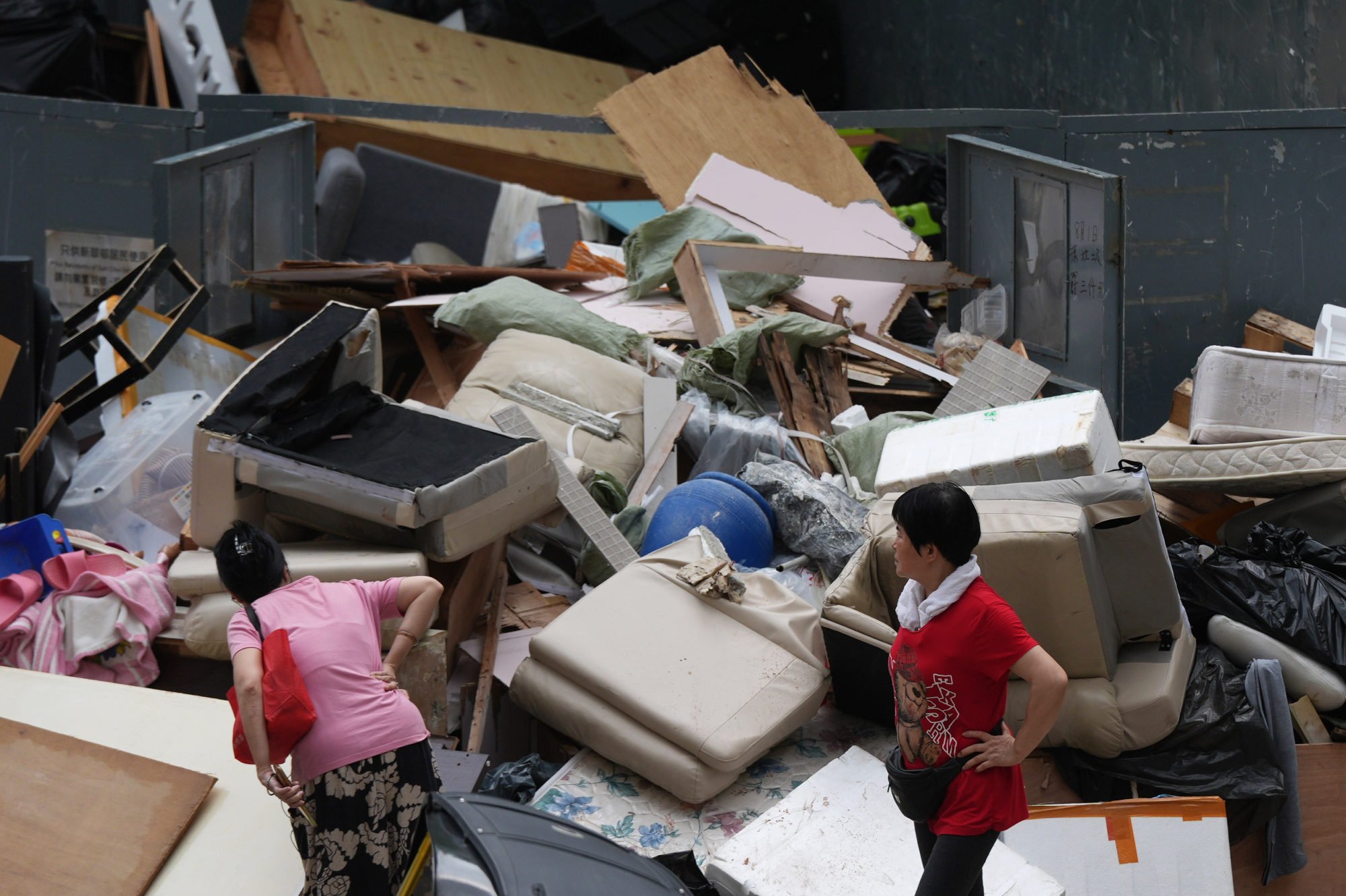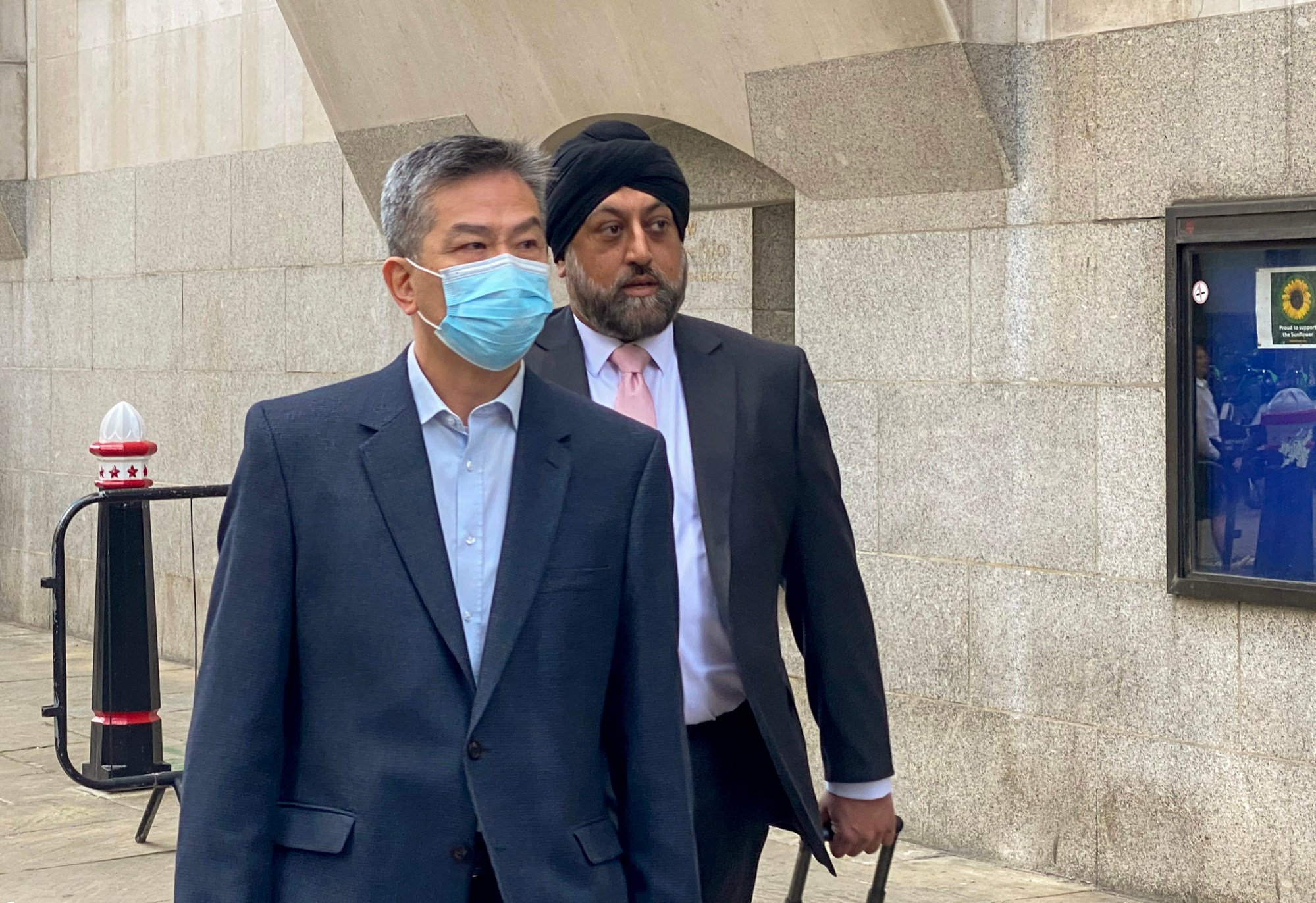
Determined Lee puts faith in pragmatism to face Hong Kong’s challenges ahead
- Hong Kong chief executive knows he will be judged on performance of economy and improving livelihoods in the face of geopolitical uncertainties
Chief Executive John Lee Ka-chiu is approaching his third year in office with healthy doses of pragmatism and determination. The city faces more than its share of geopolitical headwinds with criticism from the West after passing the domestic security law and the recent departure of three foreign judges from the Court of Final Appeal.
He took a tough decision to postpone plans for a waste-charging scheme that was poorly executed and received. As when faced with stormy weather, Lee told the Post, the only thing to do was to learn from your experiences, be prepared, and avoid complacency.
Lee acknowledged challenges from misinformation campaigns that have written off Hong Kong as just another Chinese city. With the security law behind him, he is aware he will be judged on the economy.
Much groundwork has been laid already. Lee inherited an economy in contraction that turned positive the following year, and he expects gross domestic product to grow between 2.5 and 3.5 per cent this year.

The government’s Oases office, set up to develop innovation and hi-tech, had attracted investors and would eventually contribute HK$120 billion (US$15.4 billion) and create 20,000 jobs, he said. By March, 49 enterprises from the United States and China had signed up.
Some in sceptical Western markets have lingering political concerns. In response, Lee and his team will highlight Hong Kong’s strengths, including being an international city where people can “both work and play hard”, its low tax regime with no capital gains, dividends or estate taxes, its common law courts, and superconnector role between the mainland and the world.
Eventually, he believes, pragmatism will win through and businesses will make decisions that are smart for their bottom line. “There will always be challenges. At the end of the day, truth always prevails,” he said.
Lee is not simply sitting still. He aims to foster new business with immediate neighbours, Southeast Asia, the Middle East, and Central Asia.
Hong Kong hopes to join the world’s biggest free trade pact, the Regional Comprehensive Economic Partnership, this year. In November, the Asia-Pacific Economic Cooperation CEO Summit in Peru will provide chances to explore untapped Latin America.

The headwinds are strong. A staff member at Hong Kong’s trade office in London was arrested for alleged spying.
Lee said it was natural for the city’s “jewels” to be targeted in a propaganda war, but he would not give in.
Lee is right to focus on the economy and improving livelihoods in a city saddled with both a vast wealth gap and chronic housing shortage. With persistence, the message of Hong Kong’s strengths – despite the geopolitical and economic uncertainties – will spread to more markets.
Focusing on things you can control is a wise approach.

